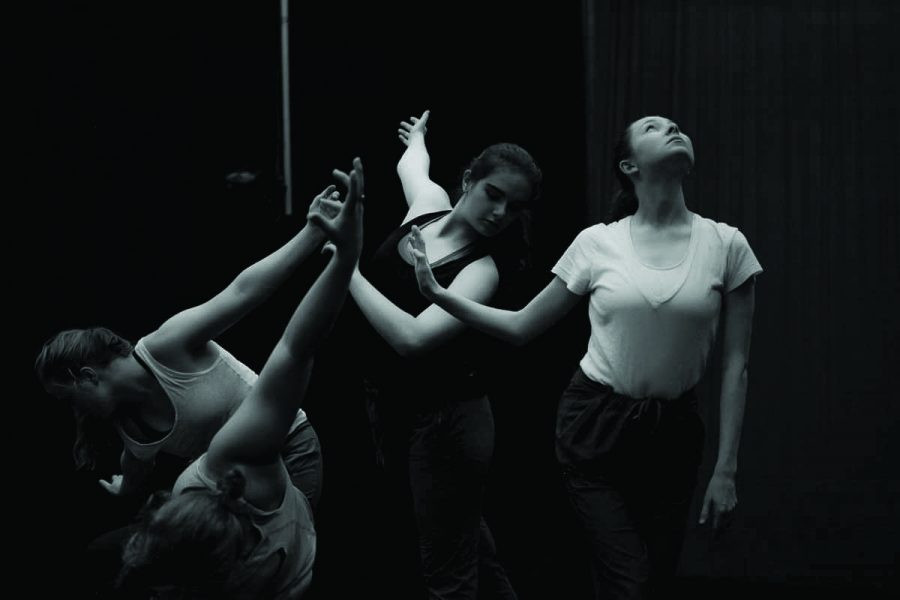“About 30% of honors students complete the Honors Bachelor Degree, the highest degree an undergraduate can earn at the University of Utah,” said Dean of the Honors College, Sylvia Torti. “This year, 175 students are scheduled to complete the degree and they will represent about 45 different majors and 13 different colleges on campus,” Torti continued. “23% are in the College of Engineering and 22% are in the College of Science.” The 11 other colleges split the remaining half of the students. Where does the College of Fine Arts land in these numbers? “Overall, looking at all honors students, 6% are in the College of Fine Arts,” Torti said. The Honors College has a reputation for its prestige, but the numbers show that few students finish the degree and even fewer represent the College of Fine Arts. To understand the relationship between the Honors College and the fine arts, Dean Torti, Aileen Norris — a senior in the U School of Dance and Honors College — and Victoria Meyer — a sophomore in the U School of Dance and Honors College — offered straightforward and interesting insight.
“The application process for the Honors College is extremely competitive,” Torti said. The difficulty of remaining in the college once accepted is undeniable. To receive your honors degree, a student must take seven Honors approved courses on top of their chosen degree and present a thesis or creative project. For those who don’t finish with the seven classes and project, if at least five honors courses are completed, the individual can receive an honors certificate.
Why take the extra work on top of a full college credit load? To better oneself. “My Honors College experience has benefited my BFA,” Norris said. “For one, it’s helpful to see the bigger picture at times, and to be able to work with people outside of my discipline … It has also been eye-opening in regards to how I can participate in research in my field.” The college provides a deeper education to undergraduates by giving them a taste of graduate research.

As we see in all levels of education, the lack of support for the arts is present within the Honors College. “There are honors classes in chemistry and math that count towards their degrees,” Meyer said. “However, for dance, the only option is taking graduate-level courses.” Arts students have to look only at general education requirements and other classes outside of their major in order to receive the degree. Nothing overlaps. Torti disagreed. “No, there are not a lot of them in Fine Arts because there are not a lot of students.”
This doesn’t mean there aren’t ways around the system, but it does take weird trails. Whether you have honors classes in your degree or not is definitely a call and demand at the U and other major universities. “My main difficulty is fitting in the extra honors classes on top of my already rigorous dance schedule,” Norris said. “I’ve been able to squeeze classes in over summers so it wouldn’t affect evening rehearsal blocks for the most part.”
The Honors College does see the struggle for students in arts programs and is taking initiative. “We are a Research I university,” Torti said. Only “8% of all U of U undergrads are actually in the College of Fine Arts.” It’s hard to answer a demand when the call isn’t overwhelming, so if you created a more collaborative relationship between Honors and Fine Arts, would more students look at attending and participating?
In an effort to bridge the communication gap between the honors degree and the arts, Meyer explained a new project the Honors College is taking on in conjunction with the College of Fine Arts and Liz Leckie, associate dean for undergraduate student affairs. They are building a clearer path for artists by creating a course which would provide support and information for how to approach your honors education with your arts degree. It will be a one-credit course, offered to better equip honors arts students.
Both Meyers and Norris shared how grateful they are for the in-depth education received, due to their honors educations. As artists, we long for furthering our depth into our areas of study. The Honors College can help, they just need encouragement.



